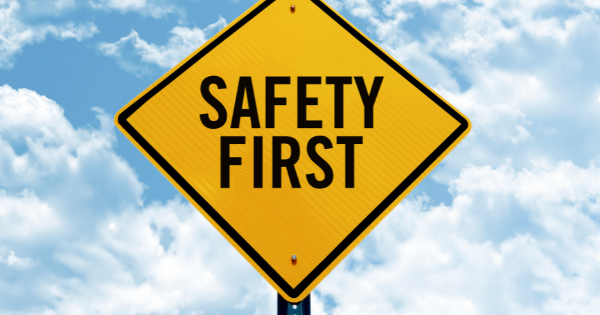What are eventualities? The Oxford dictionary defines the word as a possible event or outcome. It can also be described as something unpleasant or unexpected that might happen or exist in the future. This can relate to a plethora of situations and needs such as travel insurance, health and dental insurance, disability and life insurance, mortgage and rental insurance, car insurance and homeowners’ insurance. This is only a short list of situations and insurances that are married to the word. It is impossible to be prepared for all eventualities, which is why there are so many insurances. I remember one of my nieces had planned an outdoor wedding but there existed the possibility of rain or snow. How about that independent worker who is in your home and sustains a fall with serious consequences? A company would have had an insurance for this occurance, but a homeowner must have insurance that meets this need. This is true of any unfortunate, perhaps disastrous, event or situation and particularly medical malpractice.
Ask RaDonda Vaught, an ICU RN who formerly was employed at Vanderbilt. The effect this case is having on nursing, medicine, PAs and NPs is devastating. As this snowball continues to roll downhill, more and more professionals will become aware and will respond with action. Why are new nurses leaving their jobs in droves? Why are physicians devastated by this ruling? Why are PAs and NPs becoming more informed, reconsidering a profession that has placed them in more than 100,000 dollars of debt when they see that their families can be without a breadwinner if they are found guilty of malpractice on any given day? What will this do to the malpractice insurance industry? Wake up America and overturn this case.
Dr. Daniella J. Loumas, M.D., an opinion writer for the New York Times, is a pulmonary and critical-care physician at Bingham and Woman’s Hospital in Boston. On April 15, 2022, she wrote an editorial entitled, “A Cruel Lesson of a Single Medical Mistake,” an article that is worth your time.
I wonder how many of us have never made a medical error, an error in judgement, failed to scrutinize a lab or radiological report? How many have injected the wrong medication and remained silent because the medication would not injure the patient but would prevent that patient from receiving the correct one – perhaps a TD injection. Have you failed to report your mistake to the patient? Have you misread a fracture on the radiograph in your Urgent Care Clinic or ER? Have you used the incorrect suture on a layered closure but just hoped that the patient would not have a reaction? The list can occupy five pages and I can hear the gavel hit and the judge render the guilty verdict.
RaDonda Vaught, a former Tennessee nurse, made a medical or nursing error in dispensing a drug that paralyzes a patient prior to intubation usually after hyper oxygenation. This is a medication that many feel she should not have had access to in her Pyxis. Not aware of the drug and what would happen shortly after administering it, she did not stay at the bedside because within two minutes she would have observed the fear in the patient’s eyes as they began to struggle to breathe. If she had recognized these signs, she could have used an Ambu bag and called a respiratory code for a STAT intubation. The tragic outcome could have been averted. None of these modalities were entertained and the result of her actions or lack thereof, caused a death, a medical malpractice claim that eventually became a criminally negligent case.
I entertain a few thoughts as a clinician:
- “There but for the grace of God go I.”
- She/he who has never made a medical error or in any field including law enforcement or functioning as an attorney or judge… “Let he that is among you without sin cast the first stone,” – Jesus.
- A report from Governor Bill Lee’s office, confirmed to Kaiser Health News in the first week of April, stated that he is not considering clemency. There would be an eight-year jail term for this RN who left her family that morning to care for her charges and had the worst eventuality in her life.
- As of April 12, by 09:30 more than 200,000 people signed on to a national petition for clemency. The signatures were from nurses, physicians, PAs and NPs as well as other interested parties.
In closing, a thought to consider: if you are a nurse, NP or PA, have you prepared for the eventuality of the same type of encounter that would require the best malpractice policy available? I am not speaking of your institution’s malpractice insurance but a personal professional liability insurance policy. This legal decision is setting a precedent for all physicians, nurses, PAs and NPs. It has created immense stress, which is undeserved. Many are contemplating leaving their healthcare professions. More worrying is the possible outcome of providers hesitating to treat those patients who may be considered higher risk. When I contemplated the word eventualities in the past, these scenarios never entered my mind.
By: Robert M. Blumm, PA, DFAAPA, PA-C Emeritus
CM&F Clinical Advisor



